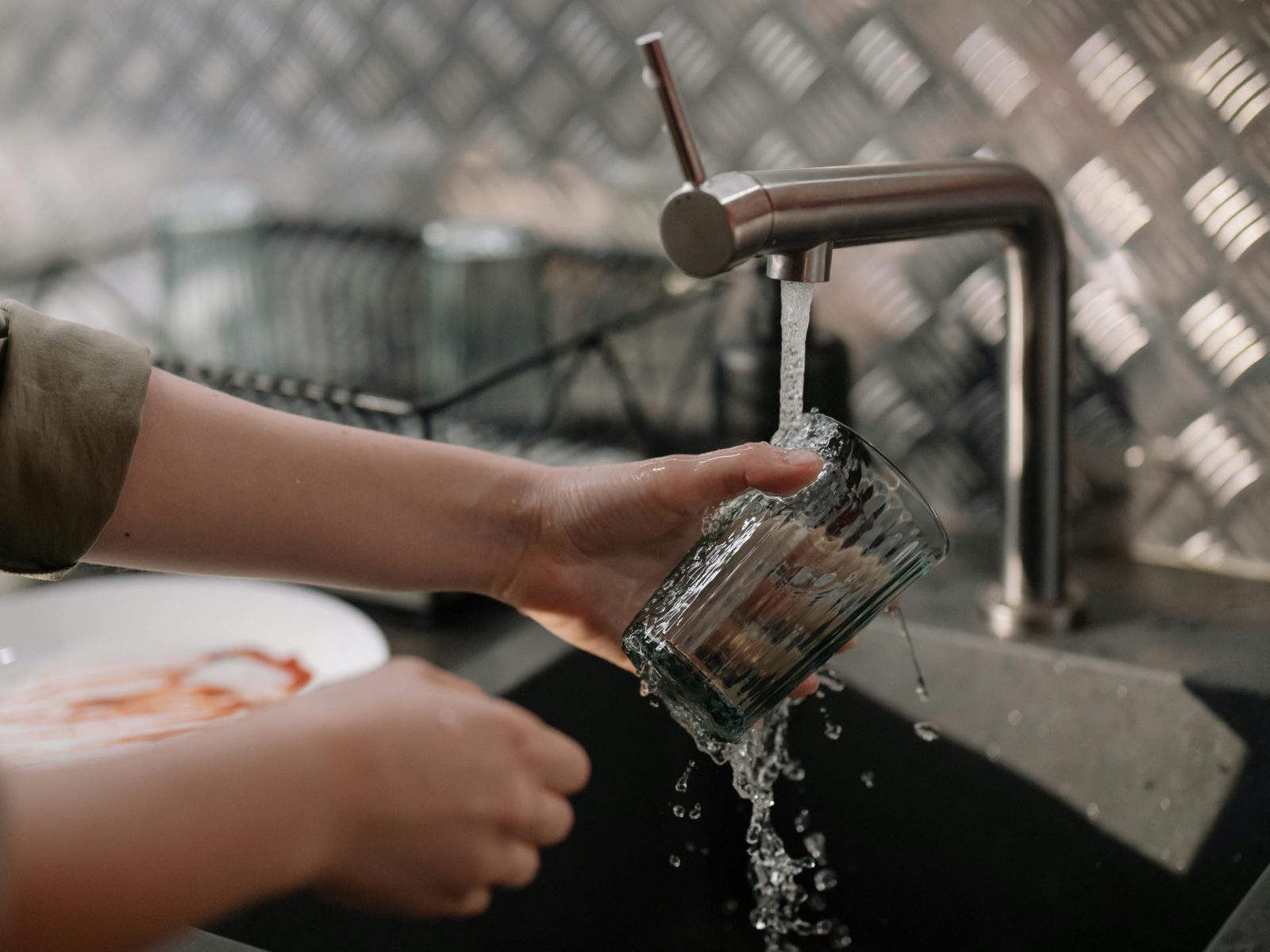The number of people afflicted with Legionnaires’ disease, characterized by high fevers and lung inflammation, has been steadily rising in recent years. 104 individuals have already been diagnosed this year alone, marking the highest increase in the past decade. Tragically, 17 of these patients have lost their lives to the disease. Experts attribute this worrying trend to weakened immunity and efforts to economize on water heating.
Legionella bacteria, the causative agent of the disease, spread in water supply pipes. They are reliably killed at temperatures above 60 degrees Celsius. However, people’s attempt to save on energy by insufficiently heating water, poor water circulation in pipes, and stagnant water in pipes can lead to the propagation of these harmful bacteria.
The increase in reported cases may also be attributed to improvements in diagnostic methods, leading to more correctly reported cases. Despite the general uptick in infectious diseases after pandemics, epidemiologist Kateřina Fabiánová of the State Health Institute (SZÚ) does not associate this phenomenon with the post-pandemic period.
Fabianova noted that the number of reported cases across monitored infections decreased during and immediately after the pandemic because the normal process of doctor visits, examinations, and reporting had virtually stopped. This year’s data suggests that the curve will continue to rise, with over 100 cases already reported in the first quarter, most of which are severe cases of the disease.
Individuals must be cautious about the temperature at which they heat their water. The dangerous water temperature at which bacteria multiply rapidly falls between 25 and 45 degrees Celsius. While water around 40 degrees is sufficient for normal household use, it does not kill bacteria. Therefore, to eliminate bacteria, it is necessary to keep cold water below twenty-five degrees and hot water above 50 to 60 degrees Celsius, with the possibility of heating it further.
In conclusion, while efforts to economize on energy are understandable, it’s imperative to prioritize health and safety. Ensuring water is heated sufficiently can help prevent the spread of dangerous Legionella bacteria, protecting individuals and communities from the risk of Legionnaires’ disease.





